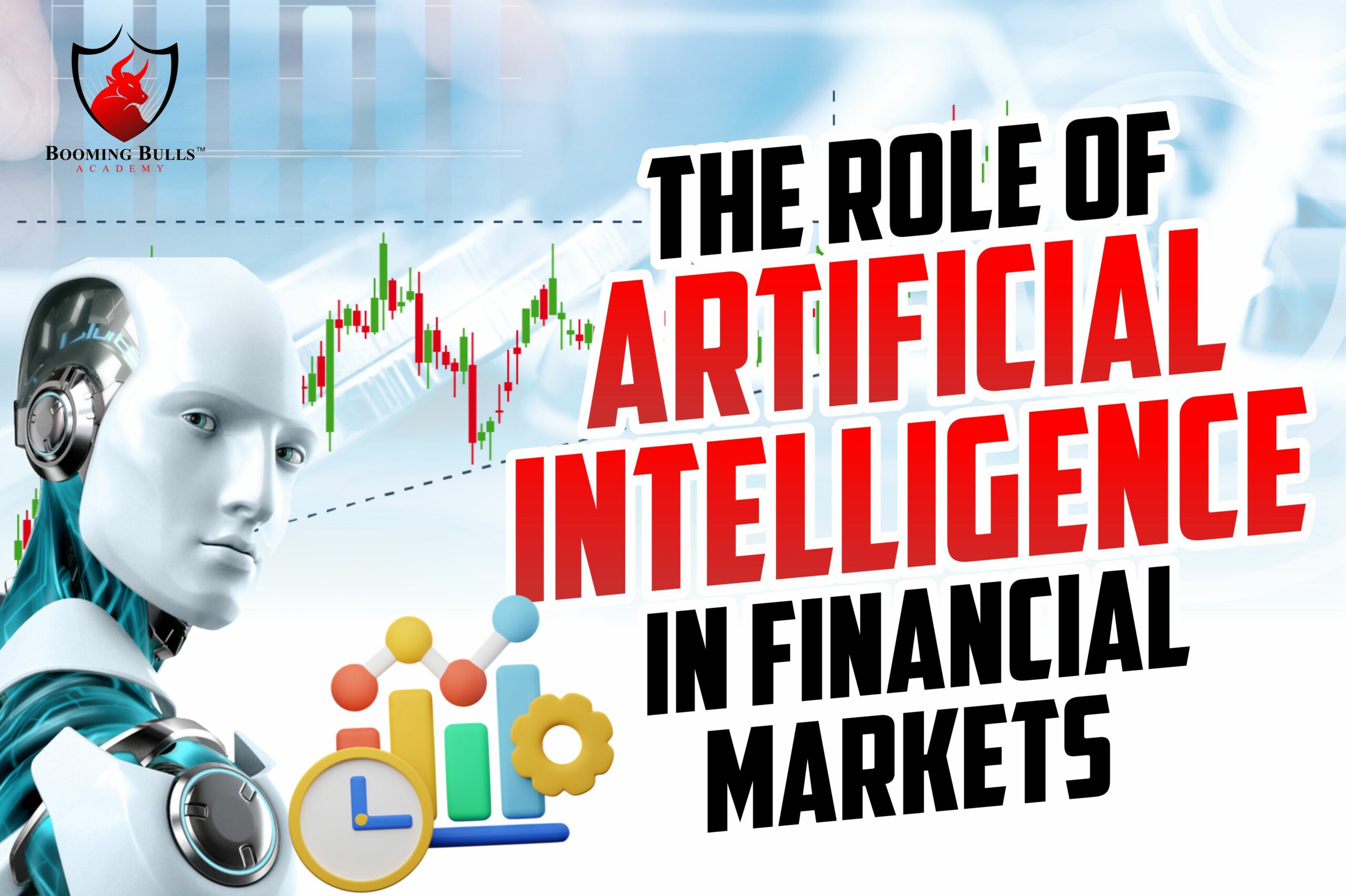

In recent years, Artificial Intelligence (AI) has emerged as a transformative force in various industries, and the financial sector is no exception. The integration of Artificial Intelligence in financial markets has revolutionized the way transactions are conducted, analyzed, and managed.
This blog explores the opportunities and challenges that Artificial Intelligence presents in the realm of financial markets, highlighting its potential to drive efficiency, improve decision-making, and enhance overall market performance.
By leveraging machine learning and natural language processing techniques, Artificial Intelligence can quickly identify patterns, detect anomalies, and make accurate predictions, enabling financial institutions to make informed investment decisions .
Additionally, Artificial Intelligence can leverage real-time data to identify fleeting market opportunities and execute trades at lightning speed, potentially maximizing profits and minimizing risks.
Moreover, AI-powered systems can detect fraudulent activities by recognizing suspicious patterns and anomalies, thus safeguarding the integrity of financial transactions.
These AI-driven solutions can handle routine customer interactions, freeing up human resources to focus on complex tasks and providing efficient round-the-clock service.
Ensuring high-quality and unbiased data is a critical challenge that needs to be addressed to maximize the benefits of Artificial Intelligence in financial markets.
Regulators must develop guidelines and frameworks to address concerns related to algorithmic trading, risk management, and data privacy to ensure AI implementation aligns with regulatory requirements.
In financial markets, where accountability and transparency are paramount, developing methods to interpret and explain AI-driven outputs is crucial for building trust and confidence.
To mitigate these risks, it is essential to establish robust monitoring mechanisms, stress testing frameworks, and fail-safe mechanisms to ensure the stability and resilience of AI-driven financial infrastructure.
Artificial Intelligence has the potential to transform financial markets, providing unparalleled opportunities for efficiency, accuracy, and personalized services. However, realizing the full potential of AI requires addressing the associated challenges, including data quality, regulatory compliance, interpretability, and systemic risks.
By fostering collaboration between financial institutions, regulators, and Artificial Intelligence experts, we can navigate these challenges and harness the power of Artificial Intelligence to create a more efficient, transparent, and inclusive financial ecosystem.
The future of financial markets lies in striking the right balance between human expertise and Artificial Intelligence’s capabilities, enabling us to unlock new frontiers in innovation and economic growth.
If you wish to learn more about the stock market, trading strategies, Intraday trading Strategies, etc., in greater detail, you will find the relevant articles on the Booming Bulls Academy blog.
If you like this article, don’t forget to share it with your friends, family members, and fellow traders so that they can also get enlightened and gain knowledge about The Role of Artificial Intelligence in Financial Markets.
Open a Demat Account using our link to get support from us – https://bit.ly/3gyhIWN and send your ID to [email protected]
Happy learning!
Sir ji mujhe bhi sikhna hai
Give us a call on this number for details +91-8130245100
9 AM to 9 PM: Working Hours
If you cannot connect on this number, then kindly fill out the form here: https://boomingbulls.com/elite-trader-program-register/ and then our team will call you as soon as possible.